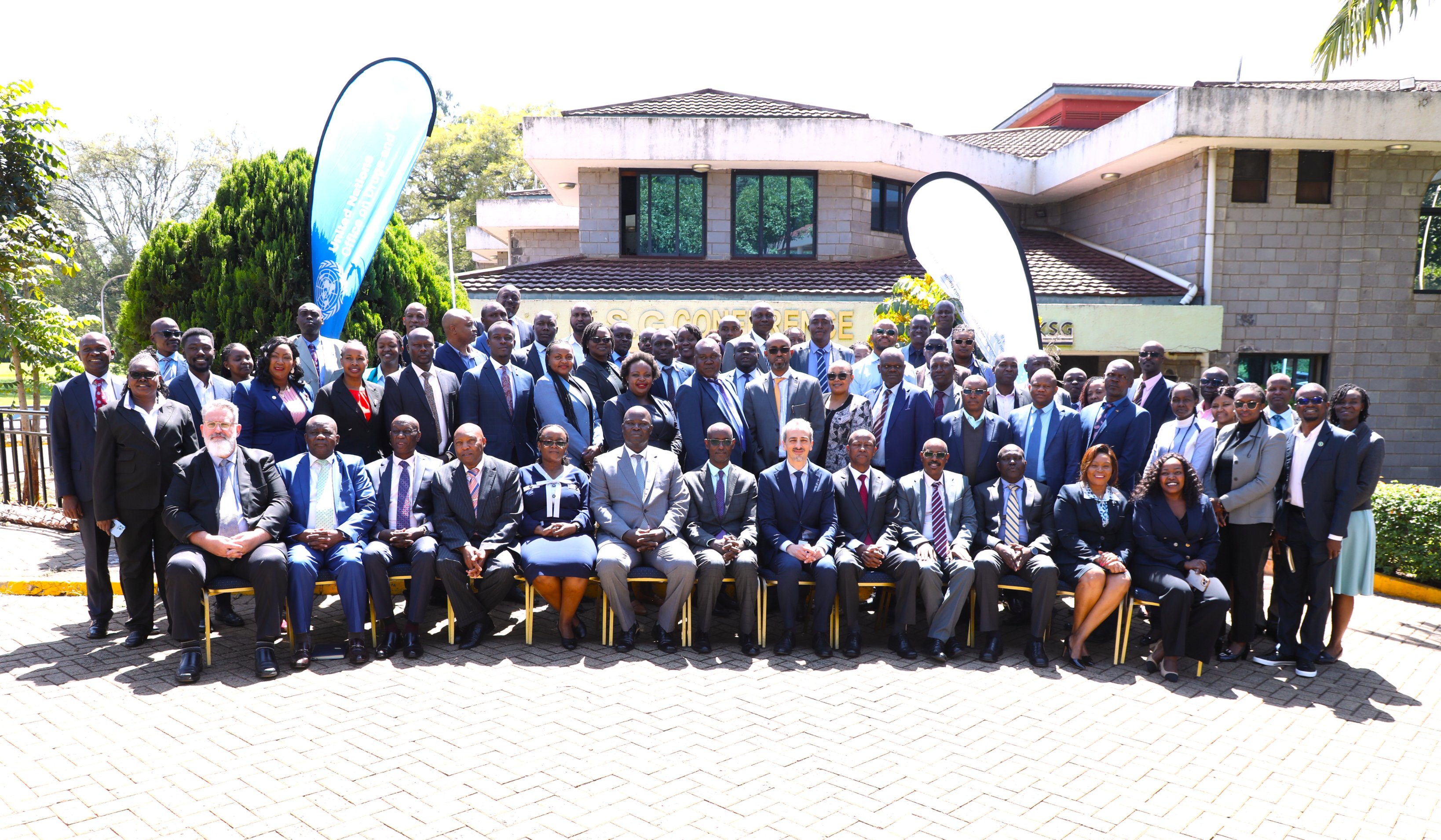
The Directorate of Criminal Investigations (DCI) is stepping up the war on money laundering and terrorism.
In a workshop that started on Wednesday, the Director Investigations Bureau reaffirmed the DCI’s commitment to investigating money laundering and terrorism financing.
The Director Investigations Bureau at DCI Headquarters has reaffirmed the DCI’s commitment to investigating money laundering, terrorism financing, and major predicate offences, including organised crime, through institutionalised parallel financial investigations, which remain both a strategic policy directive and an operational priority.
In his address at the Financial Investigations and Asset Recovery workshop at the Kenya School of Government in Kabete, Nairobi, on behalf of Mohamed Amin, Director Criminal Investigations, Abdall Komesha underscored the urgent need to evolve our responses to keep pace with the ever-changing tactics employed by financial criminals.
The five-day workshop brings together key stakeholders in the fight against financial crime.
According to Komesha, crimes are no longer hidden under the mattresses but are conducted through complex corporate structures.
“Proceeds of crime are no longer hidden under mattresses; they are laundered through complex corporate structures, layered across global bank accounts, and concealed within real estate or cryptocurrency," he said.
According to Komesha, as the landscape of criminality transforms, so too must their response.
DCI is renewing its focus on financial crime investigations, particularly through the strengthening of the Financial Investigations Unit and the implementation of the "Follow the Money" policy.
The workshop comes at a critical juncture as it seeks to expand knowledge and enhance skills that will be vital in tackling financial crime effectively.
Amin called on participants to engage actively, share expertise, and build professional networks, stressing that combating financial crime requires a unified, collaborative approach.
The DCI further extended its appreciation to supporting partners, including the Ethics and Anti-Corruption Commission (EACC), the UNODC African Anti-Corruption Hub, the EU/UNODC PLEAD II Programme, the Global Programme on Money Laundering (GPML), and the National Integrity Academy, for their commitment to enhancing capacity, fostering cooperation, and safeguarding public resources.












